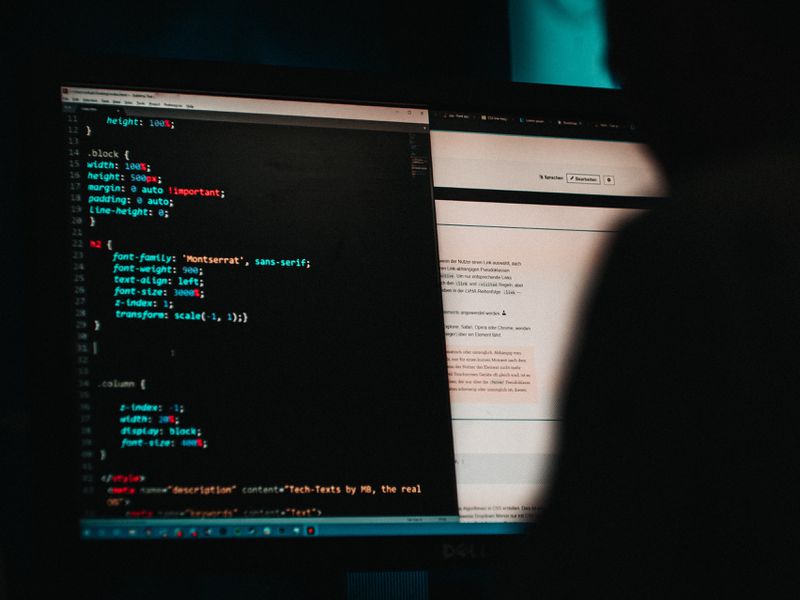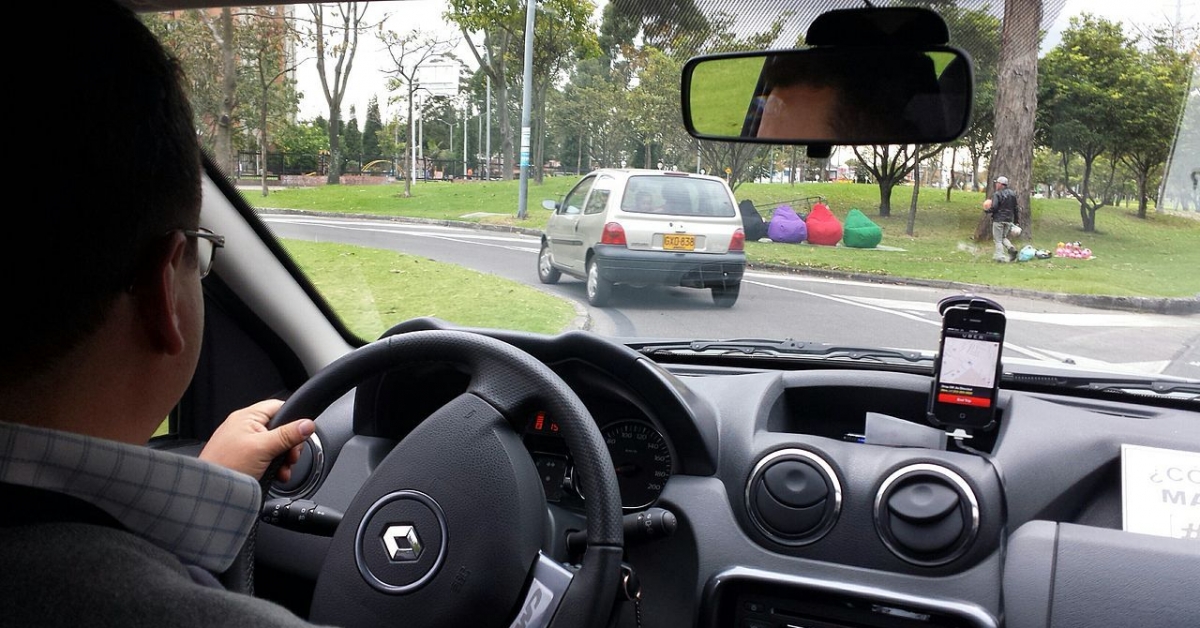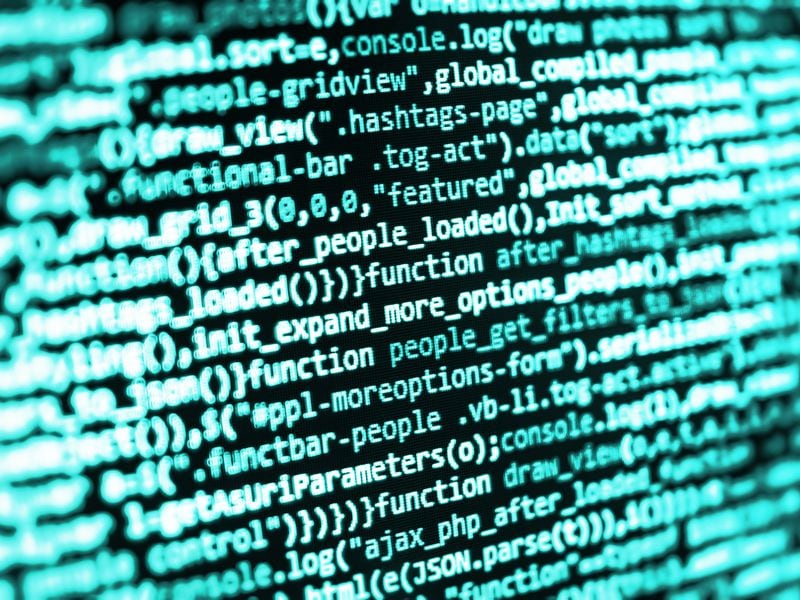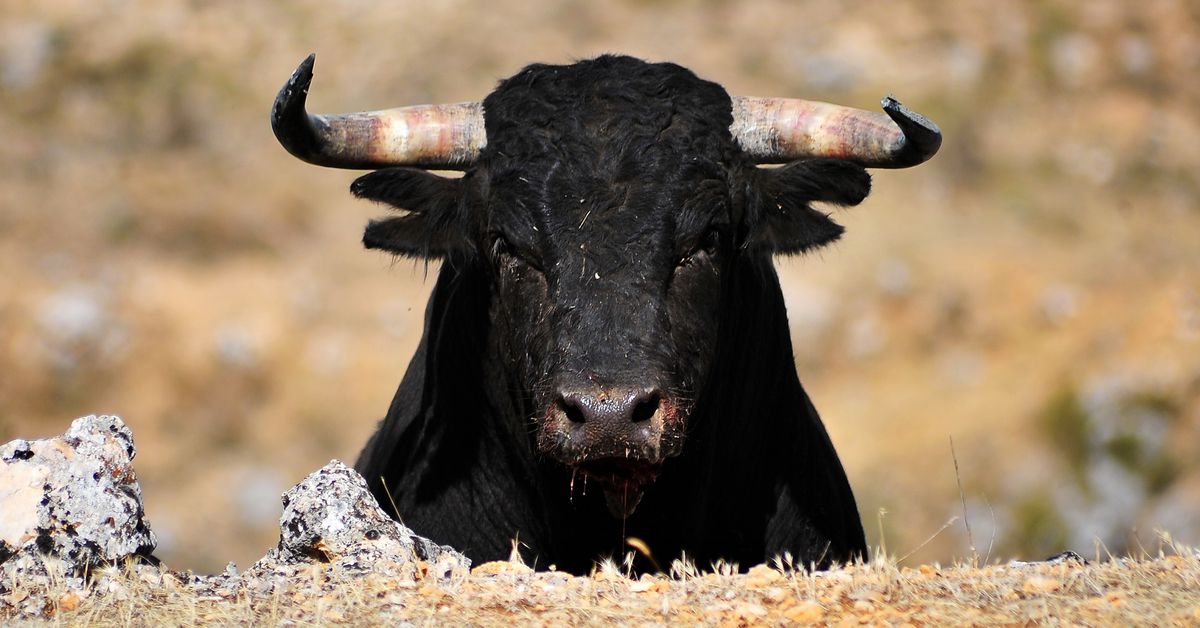LIVE: Caroline Ellison Starts Day 3 of Testimony Against Sam Bankman-Fried
Former Alameda Research CEO Caroline Ellison is set to navigate a hostile defense attorney’s questions as Sam Bankman-Fried’s counsel gets his chance to cross-examine her in the FTX founder’s ongoing trial.
This developing story will be updated frequently throughout the day.
Ellison, 28, wrapped up her main testimony with Assistant U.S. Attorney Danielle Sassoon late Wednesday afternoon, leaving the defense’s Mark Cohen a mere few minutes to begin questioning her. He’ll be starting fresh on Thursday with the witness whom he claims is truly responsible for the exchange’s dramatic collapse last year.
“Bankman-Fried relied on Ellison and he trusted her to act as the CEO and manage the day-to-day,” Cohen said in his opening statement last week. “… As the majority owner of Alameda, he spoke to Ms. Ellison, the CEO, and he urged her to put on a hedge, something that would protect against such a downturn. She didn’t do so at the time, and this also becomes an issue later on, when the storm hit.”
Sassoon pushed back against that narrative in her questions to Ellison, walking the former trader through her conversations with Bankman-Fried about Alameda’s financial position over the years before FTX’s collapse. The two spent quite a bit of time discussing an analysis Ellison put together of Alameda’s financials in response to Bankman-Fried saying he wanted to invest in more venture projects. Ellison said she recommended against doing so, but Bankman-Fried announced new venture investments in January 2022 anyway.
Months later, Bankman-Fried blamed her for not hedging Alameda’s risks, Ellison said.
While Ellison “absolutely could and should” have hedged Alameda’s risks earlier in the year, the problem was that Bankman-Fried had decided to make a number of investments that put Alameda into an unsound financial situation, she said.
“I thought that hedging could have helped our situation, but I felt that the fundamental reason we were in the situation was that we had borrowed these billions of dollars in open-term loans and used them for illiquid investments,” she said, and Bankman-Fried had made the decision to make those investments.








